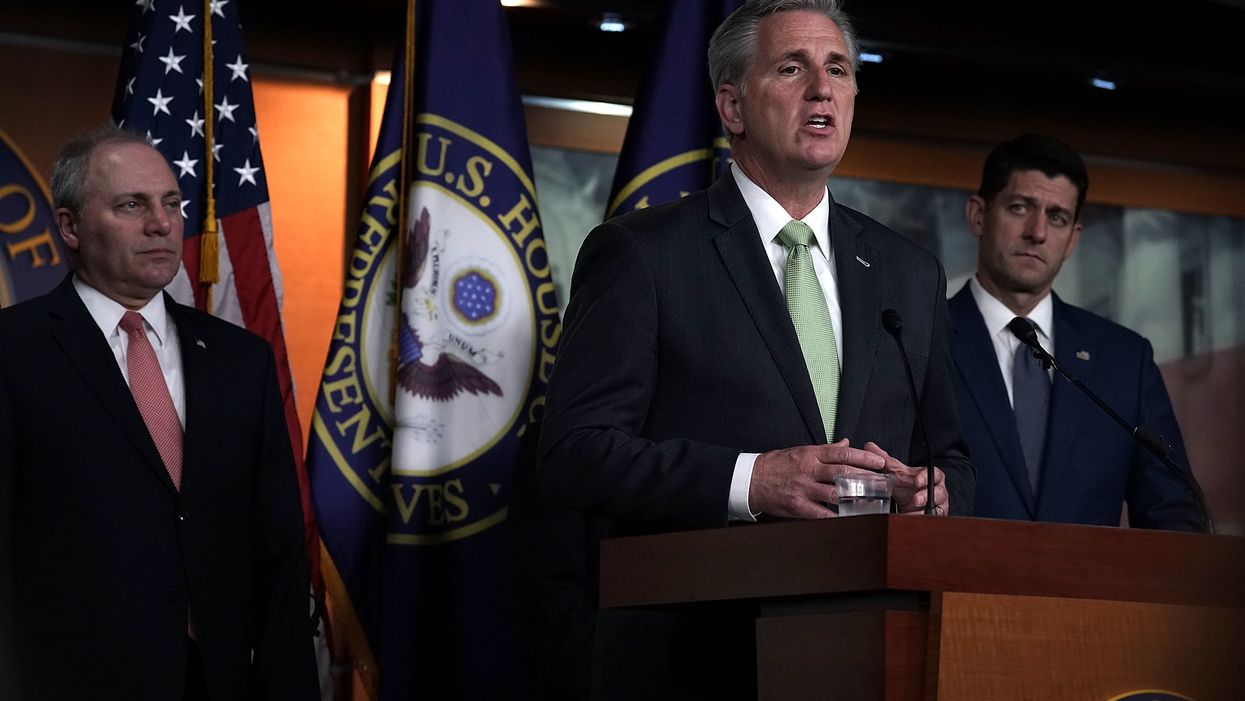Partisan gerrymandering has given Republicans an edge in congressional elections over the last two decades, resulting in outsized GOP representation in the House, a recent study found.
Since 2000, nearly 40 House seats have shifted to favor Republicans as a result of gerrymandering, researchers at the University of Maryland concluded in their paper published last month. Democrats, on the other hand, have not seen any significant seat gains in the last five decades of redistricting.
The study analyzed how congressional districts have been redrawn over the past half-century. While neither party's redistricting strategies had significant impacts on House seats before the new millennium, Republican gerrymanders increased GOP representation by 9 percentage points in the last two decades. Mostly recently, Republicans gained 27 seats in the House due to gerrymandering in 2011.
Democratic gerrymanders, however, had little sway over House election outcomes, except in more populous states. In blue states with more than five congressional seats, gerrymandering decreased GOP representation by 9 percentage points. This impact goes up another 4 percentage points in states with more than 10 House members.
"It may not be surprising that parties manipulate vote aggregation to benefit themselves," the researchers conclude — although they noted that such power does not always lead to such actions.
Partisans may refrain from this manipulative behavior due to a moral sense of fairness in political competition, the researchers wrote. Those in non-competitive districts may not feel the need to gerrymander. Parties may also be concerned about future retribution or court involvement.
Following completion of the 2020 census, states will begin the redistricting process next year. Fourteen will use independent redistricting commissions to determine legislative districts, and eight will do the same for congressional maps. While a majority of state maps will be determined by politicians or in the courts, momentum has been in favor of states giving mapmaking authority over to nonpartisan commissions. Future studies will determine how effective these commissions have been.
This fall, Virginians will decide whether to adopt a redistricting commission, while Missourians will vote on whether to undo a redistricting reform initiative they approved two years ago. Anti-gerrymandering campaigns are ongoing in Oregon, Nevada and Arkansas, but the coronavirus pandemic has made such efforts more difficult to execute.




















Trump & Hegseth gave Mark Kelly a huge 2028 gift